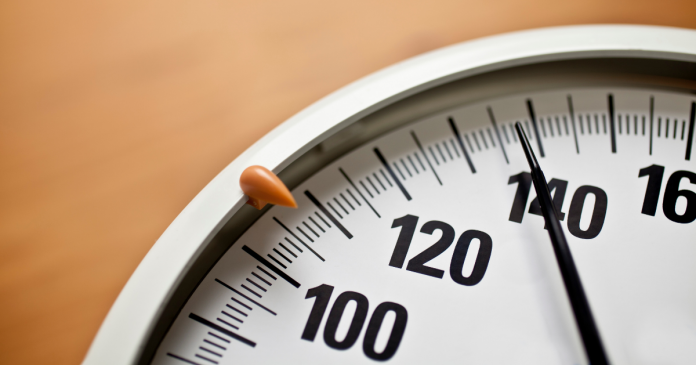If you’re trying your best to lose weight but the number on the scale is going up, then this list could be the reason.
1) Whole grains cover your whole plate
Yes, they’re healthy – especially compared to refined grains. However, there is such a thing as having too much of a good thing, says registered dietitian and nutritionist Toby Amidor. Two cups of cooked whole-wheat pasta, for instance, adds up to 1670kJ. Try to limit yourself to a 1-cup serving (same goes for brown rice, quinoa, farro and barley) and round out your meal with plenty of veggies and some lean protein.
2) You’re obsessed with avocado toast
Ultimately, it’s about quantity, and it’s easy to overdo it. “Avocados contain a healthy dose of nutrients and heart-healthy unsaturated fat, but eating an entire avocado or using half an avocado daily for your avo toast can rack up hundreds of kilojoules rather quickly,” says Amidor. “An entire avocado contains 1347kJ and close to 30 grams of fat – that’s 45 per cent of the daily recommended amount of total fat!” About a fifth of an avocado is the right amount for a healthy snack.
3) You eat straight from the bag
You take just one handful and then another… maybe even more. At the end, how much are you really eating? Grab a small bowl next time so you can measure a reasonable portion first.
4) You like to unwind with an adult beverage
You probably know that margaritas, wine and other kilojoule-laden mixed drinks can make you gain weight, “but even having a low-kilojoule beer and wine can add up quickly and cause weight gain,” says Hultin. Some people have a hard time with weight loss if they’re drinking much at all.
5) You’re nuts for nuts
Nuts have a healthy reputation, which is mostly deserved. They’re packed with vitamins, minerals, antioxidants, fibre, protein and healthy fats. However, the serving size is probably smaller than you think. For example, 14 shelled walnut halves and 24 shelled almonds equal one serving. Make sure you count them instead of eating them by the handful.
6) Not enough rest
It is certainly possible to gain weight by not getting enough sleep because it can make you crave comfort foods rich in carbohydrates and fats. Sleep deprivation is known to cause hunger hormones to fluctuate throughout the day, but you can be especially susceptible late at night when you are less active and trying to unwind.
7) You indulge in fat-free cookies, bars and other diet goodies
Nothing comes for free, is it? Treats that are fat-free are typically loaded with sugar, making the calorie count soar (and making you gain weight). Instead, try a few small pieces of the real thing.
8) You reward exercise with a “healthy” treat
Exercise is great for anyone, no matter if they are trying to lose weight or not. But rewarding the effort with food is a different story. A muffin, for instance, can have around 1670 kilojoules! However, the answer is not to forego the exercise but the answer is to retrain yourself to see the walk/activity as a reward. If that’s too difficult at first, at least opt for non-food rewards (like a pedicure or new book download).
9) You’ve gone too low carb
Carb cutting may be working – to a certain extent. However, if you aren’t eating carbs or are eating a diet very low in carbs, most likely you will be filling your plate with protein and fats. But the kilojoules from too much protein or fat can also lead to weight gain.
10) You eat too lightly during the day
Many people believe that it’s a good idea to ‘eat lightly’ – basically semi-starve themselves – throughout the day in order to lose weight. However, that inevitably drives them to overeat in the evening. Instead, you should eat at the earliest signs of hunger and stop when you’re just slightly full. Avoid going starving yourself.


